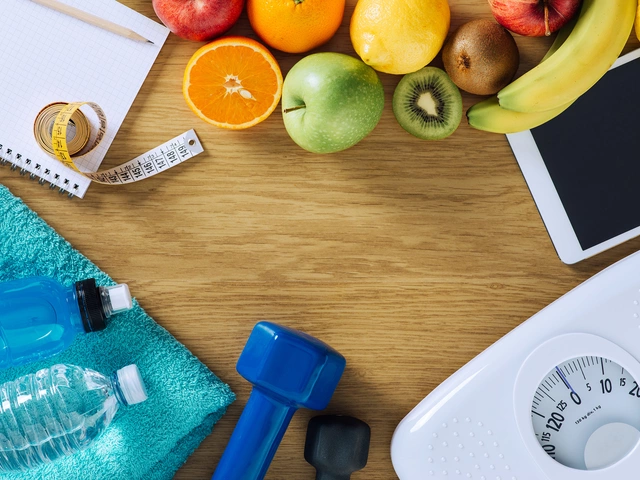Hormone Balance: Easy Ways to Keep Your Body in Sync
Ever feel tired for no reason, moody, or gaining weight around the belly? Chances are your hormones are sending mixed signals. The good news? You can smooth things out with everyday choices, no fancy labs required.
Diet and Nutrition for Hormone Health
What you eat directly fuels the endocrine system. Aim for a plate that’s high in protein, fiber, and healthy fats. Eggs, fish, beans, and nuts give your body the building blocks to make hormones like testosterone and estrogen.
Skip sugary snacks and refined carbs. Those spikes in blood sugar trigger insulin spikes, which can throw off other hormones and promote fat storage. Instead, reach for whole grains, leafy greens, and berries. They keep insulin steady and support thyroid function.
Don’t overlook micronutrients. Magnesium (found in pumpkin seeds and dark chocolate) helps regulate cortisol, the stress hormone. Zinc (oysters, beef, chickpeas) is crucial for testosterone production. Vitamin D, whether from sunshine or fortified foods, acts like a hormone itself and balances mood and immune response.
If you’re already on medication like prednisone or a statin, talk to your doctor about how they might affect hormone levels. Some drugs can raise blood sugar or suppress natural hormone production, so a diet tweak can offset side effects.
Lifestyle Moves That Stabilize Hormones
Sleep is the hidden hero. Aim for 7‑9 hours of uninterrupted rest. During deep sleep, the body releases growth hormone and resets cortisol. A consistent bedtime routine—dim lights, no screens—makes a big difference.
Stress management isn’t just for mental health; it’s a hormone issue too. Chronic stress keeps cortisol high, which can lower libido and mess with thyroid hormones. Try short daily practices like breathing exercises, a 10‑minute walk, or a quick yoga flow.
Regular movement helps too. Strength training boosts testosterone and improves insulin sensitivity. Even a brisk 30‑minute walk each day keeps blood sugar steady, which in turn supports hormone balance.
Consider natural supplements if your diet falls short. A daily omega‑3 capsule can lower inflammation, which often disrupts hormone signaling. Adaptogenic herbs like ashwagandha or rhodiola have been shown to curb cortisol spikes.
Finally, keep an eye on alcohol. Moderate drinking is fine for most, but heavy use can lower testosterone and raise estrogen levels, especially in men.
Putting these steps together—balanced meals, solid sleep, stress control, and sensible movement—creates a stable hormonal environment. You’ll notice better energy, clearer skin, steadier mood, and even easier weight management.
Need more specific advice? Browse our articles on prednisone safety, cholesterol meds, or natural testosterone boosters—all linked right here on the Hormone Balance tag. Your body’s chemistry doesn’t have to be a mystery—just give it the right fuel and care.
Androstenetrione: How This Supplement Boosts Athletic Performance
Explore the science behind androstenetrione, its hormonal effects, safety profile, and why it's a game‑changer for athletes seeking lean muscle and performance gains.






